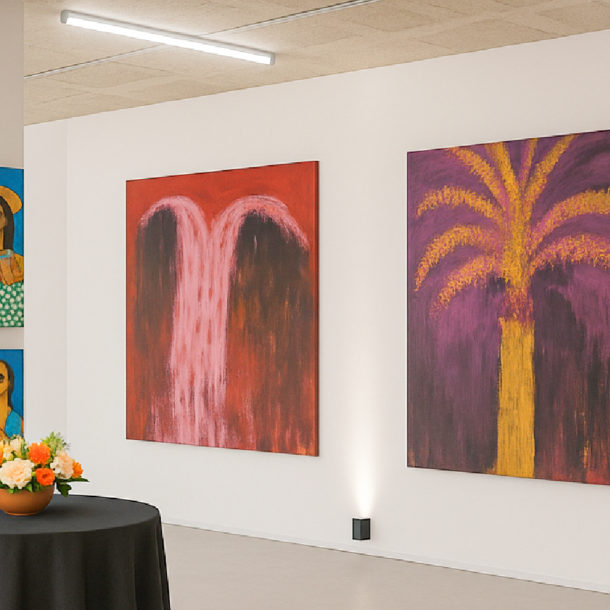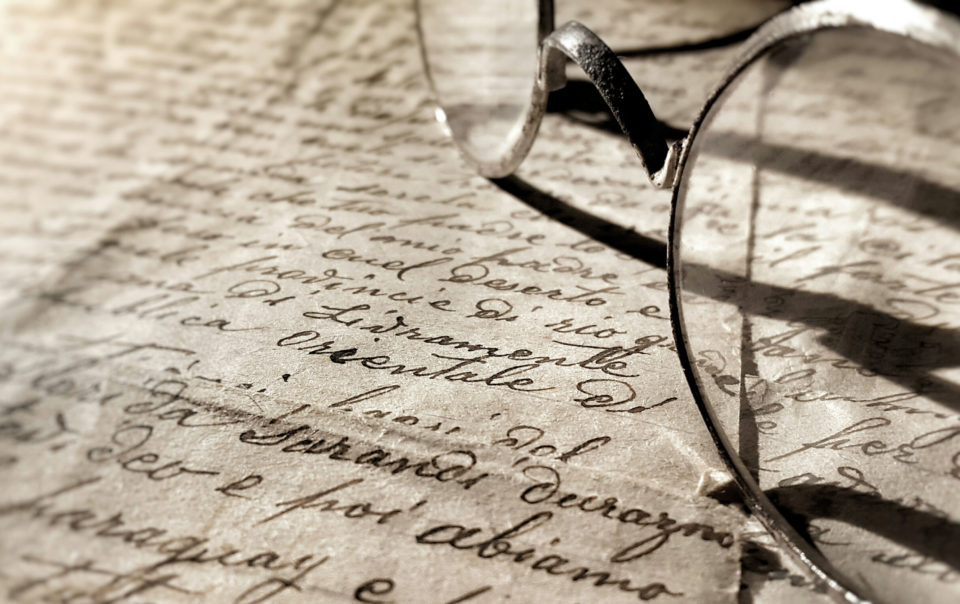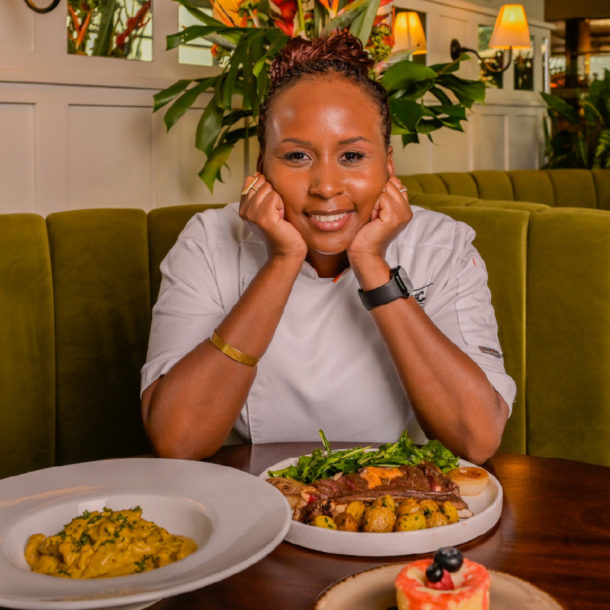
A Podcaster’s Legal Guide: How to Protect Your Content, Brand and Peace of Mind
If you’ve started a podcast or you’re about to, there’s a lot more to think about than just microphones and catchy episode titles. The creative side might be your passion, but the legal side is what keeps that passion safe from disputes, takedowns or costly mistakes.
At the PodConnect: Legal and Copyright Issues in Podcasting event hosted by Afripods’ Community Manager Gathoni Ngumba, IP lawyer Liz Lenjo shared practical, real-world advice every creator should hear. Here’s a guide based on her insights so you can focus on building your audience while staying legally protected.
1. Contracts Are Your Friends – Not a Hostile Takeover
Before you sign anything, whether it’s with a sponsor, a co-host or a podcast platform – take the time to read the contract. You’re not being difficult, you’re protecting your future.
Pro tip:
● Hire a lawyer, even for quick contract reviews. If you can budget for hair appointments, coffee runs and other life expenses, you can budget for legal advice that protects your content and brand.
● Bring your lawyer into key negotiations – it can save you from years of trouble later.
2. Own Your Podcast From Day One
Intellectual property (IP) rights start at creation. Secure them early before your podcast gains traction.
Steps to take:
● Buy your domain name(s) and social media handles.
● Trademark your podcast name and logo.
● Copyright your jingles, cover art and branding.
● Clear rights for any music, art or third-party material you use – yes, even a background painting in your set could be protected by copyright.
Even if a song is on TikTok or Instagram, it’s not automatically free to use. Always check the rights.
3. Protect Yourself (and Your Guests)
Guest appearances can be fun, but they can also create legal risk if not handled properly. ● Have guests sign consent forms and image release agreements. ● State clearly whether they can repurpose the content from your show. ● Avoid allowing guests to make defamatory or brand-damaging comments.
● Be mindful of visual branding eg. if your sponsor is Coca-Cola and a guest arrives in a Pepsi hoodie, it can strain the existing partnership.
4. Live Recordings Need Extra Safeguards
A live audience not only adds energy, it adds risk.
● Include terms and conditions when selling tickets that outline recording and usage rights.
● Display photo consent signage at the venue eg. “This is a photo and video zone.” ● Get express consent and clarify if rights are granted “in perpetuity.”
5. Be Smart About Monetisation & Exclusivity
Partnerships and sponsorships can be great for growth, but exclusivity clauses can limit future opportunities.
● Before signing an exclusive deal, ask yourself: Will this open or close doors for my podcast?
● Always get an IP lawyer’s opinion before agreeing to exclusivity.
6. Read the Fine Print on Podcast Platforms
Different podcast platforms (Spotify, YouTube, Afripods, etc.) have different terms for revenue sharing, content ownership and posting rights.
● Check if you can post your content on multiple platforms.
● Understand how your data and your audience’s data is used.
● Remember: ignorance isn’t a defence in court.
7. Navigating Local & International Copyright
Copyright laws can vary from country to country. For Kenyan podcasters: ● Kenya has a voluntary copyright registration system.
● If it’s not your content – clear the rights, even for small clips.
● Build relationships with local artists and labels to reduce licensing costs.
8. Handle Disputes Professionally
If co-hosts or collaborators fall out:
● Resist airing grievances on social media. It can weaken your legal case and cost you more in fees.
● Use polite, written communication for initial disputes.
● Let your lawyer lead the charge.
9. Free Isn’t Always Free
Whether it’s a free studio, platform or tool – always ask for the terms in writing. ● Understand why it’s free and what the provider gets in return.
● Free can still come with obligations or risks.
10. Trademarks Take Time – Start Early
It can take 6–12 months to register a trademark. Don’t wait until your podcast is popular to secure your brand name and logo.
● Avoid AI-generated logos because you may not own the rights.
● Have a designer create something original and verify it’s not already in use.
Plan, Protect, Podcast
Legal protection might feel like a chore compared to planning episodes, but it’s the backbone of a sustainable podcast. Start with a strategy, bring in the right legal help and make informed decisions.
With the right groundwork, your podcast can grow without fear of being derailed by legal issues and you can focus on what you do best: creating great content for your audience.
Need a professional Podcast Studio in Nairobi?
KOFISI 9 offers a fully equipped Podcast Studio designed for comfort, creativity and crystal-clear sound. Whether you’re recording solo or hosting a live interview, our team ensures you have the best environment to create without distractions.
Book your slot today: email content@kofisi.africa
KOFISI Africa
© 2025 KOFISI Hospitality Group



